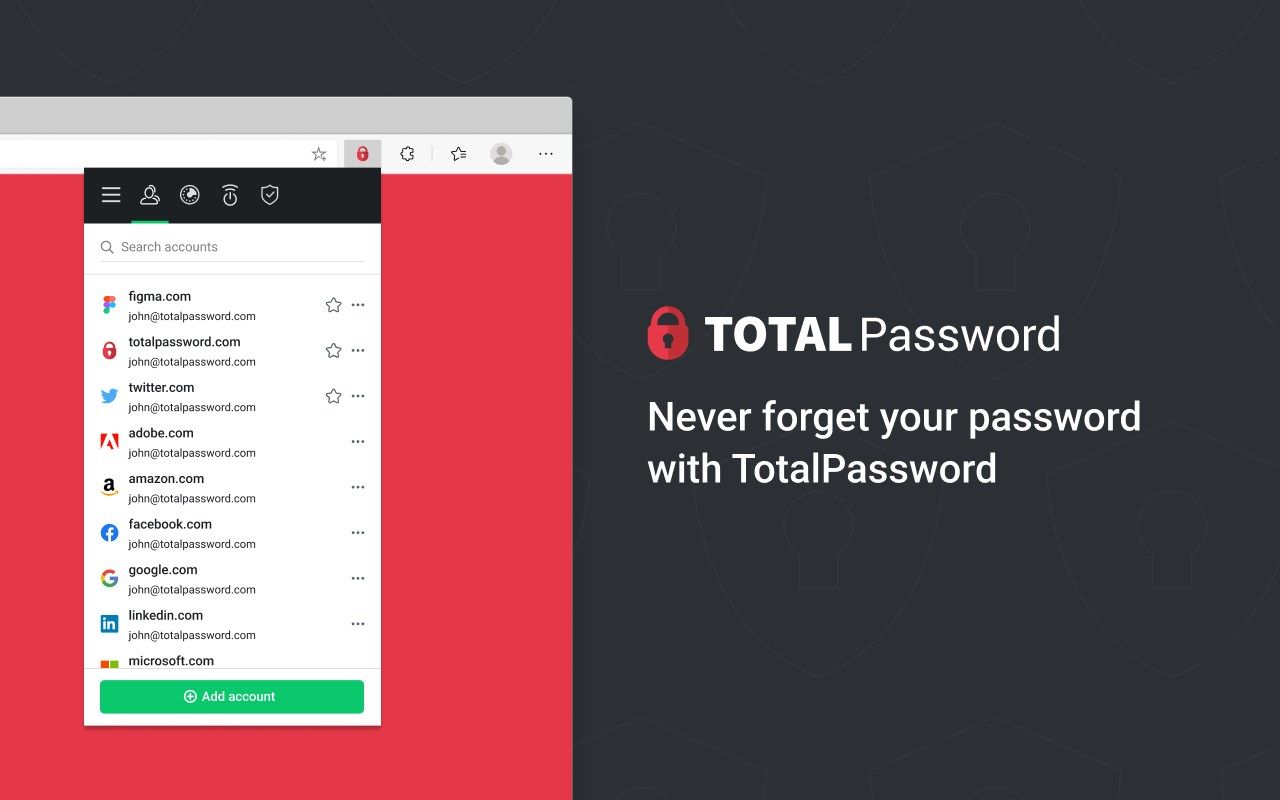Bluehost and GoDaddy are the two largest web hosts today. Both offer a wide range of services at reasonable prices, from entry-level servers to robust corporate solutions. If they're hosting more than five million websites each, they must be doing something right, but which one is best for you?
Despite their similarities, these web hosts have some significant differences.
When choosing a web host, it is critical to prioritize dependability and performance. But what about other factors such as WordPress hosting, security, cost, usability, and support? In this article, we will compare the offerings of each company to determine which one provides the best overall value based on these criteria.
Bluehost and GoDaddy both provide popular website hosting services. Both allow you to register domains and then choose between shared, VPS, or dedicated hosting.
Bluehost and GoDaddy both offer a money-back guarantee, which is one way in which they are comparable. If you are dissatisfied with the service provided, you have the option of requesting a refund. They also have a customer service department in common. This is significant because it means you can contact them if there are any problems with your website, and they will assist you in resolving them.
Certain Bluehost hosting plans include a free domain name for life. This is in contrast to GoDaddy's requirement for a yearly fee. When you compare Bluehost and GoDaddy, you'll notice that Bluehost's starter shared hosting plan comes with more useful tools. Bluehost's VPS and dedicated hosting plans, on the other hand, are less expensive than GoDaddy's.
The costs of using Bluehost's services differ from those of GoDaddy. In most cases, GoDaddy will be more expensive than Bluehost. Furthermore, both companies offer a diverse range of services at various price points.
GoDaddy's Standard plan costs $13.99 per month and includes all of the features of the Basic plan as well as 50 GB of storage and 500 email accounts. The Premium plan is the best value, starting at $14.99 per month and including everything in the Basic and Plus plans as well as some features tailored specifically for businesses. All of these features, including a dedicated 800 number, an encrypted private SSL certificate, and first-rate customer service, are included at no extra charge.
GoDaddy's e-commerce hosting plan costs $29.99 per month. This package includes everything in the previous three packages, as well as a free shopping cart and unlimited email accounts to help businesses sell online. Despite its higher price, GoDaddy provides more features and better value for money than its competitors. If you are just getting started and have a limited budget, Bluehost could be an excellent place to start.
When choosing a web host, price should be the most important factor. When comparing the two, keep in mind that Bluehost's entry-level plan is only $2.99/month and includes a free domain name, SSL, 10GB storage, and free WP integration, whereas GoDaddy's entry-level plan is $6.99/month and includes SEO tools, unlimited bandwidth, SSL, 10GB storage, and up to 100 email accounts.
Bluehost's Plus plan costs $5.45 per month and includes everything in the basic plan as well as 20GB of storage space, Malware scanning, and unlimited websites. Bluehost Pro plans start at $13.45 per month and include 100GB of storage space, while Bluehost Choice plans start at $5.95 per month and include all of the other plans' features plus 40GB of storage space.
Bluehost has received a lot of praise for its user-friendliness. Bluehost's onboarding process is extremely efficient, taking only a few minutes to complete. Simple navigation and a clean design make it easy to find specific content. Bluehost's one-click installation feature makes it possible to set up a new WordPress site with a single click.
GoDaddy, on the other hand, has a bad reputation for user friendliness. At first, the GoDaddy user interface may appear complicated and difficult to understand. There is also no simple way to install WordPress with GoDaddy. As a result, using GoDaddy to create a WordPress site can be more time-consuming and confusing.
Bluehost is your best bet if you need a simple web host. GoDaddy should be considered only by those who have prior web hosting experience and are comfortable with a more complex interface.
Both companies offer a variety of plans, so you can choose one that fits your budget. Bluehost's entry-level plan costs $2.99 per month, while GoDaddy's entry-level plan costs $6.99 per month. You can save money on both services by prepaying for a set number of months.
Bluehost offers free SSL certificates, email addresses, domain privacy, daily website backups, and content delivery network (CDN) service. GoDaddy, on the other hand, offers a free SSL certificate, an SEO toolkit, a branded content creator tool, 500 email accounts, mobile device editing tools, and a custom domain connection.
Because of their respective money-back guarantees, you can try out either service provider's offerings without risk. Bluehost offers a 30-day money-back guarantee, but GoDaddy only offers a 48-hour guarantee.
To summarize, GoDaddy is the better option because it provides more features and value.
GoDaddy clearly outperforms in this regard. When GoDaddy and Bluehost are compared, the dashboard clearly shows that GoDaddy is the clear winner. It's easy to find what you're looking for, and everything has a logical place. Bluehost's control panel, on the other hand, is a little disorganized. It's not as easy to use, and it may take some time to find the information you need.
GoDaddy outperforms its competitors thanks to its superior dashboard. If you want an easy-to-use platform, GoDaddy is the best choice.
Bluehost's website is straightforward and simple to use. On the homepage, there's a big search box where you can type in your URL. There are three links just below the search bar labeled "Web Hosting," "VPS Hosting," and "Dedicated Hosting." With this, you can quickly and easily find the service you require.
GoDaddy's website is a shambles when compared to Bluehost's. The homepage contains a lot of information and visuals. You can still quickly find the information you need by using the site's handy search feature, which is located at the top of the page.
Bluehost's design is superior to that of GoDaddy. It's well-organized and easy to use, which are both important characteristics in a web host. The information you seek is buried deep within GoDaddy's overburdened website.
It is critical that you, as a site owner, have a layout strategy for your site. This entails selecting an appropriate hosting service and a suitable template from the available options (or opting for a custom design).
Bluehost and GoDaddy both have a large selection of templates to choose from. Bluehost, as opposed to GoDaddy, offers a broader range of template types. Bluehost is more likely to have the type of template you're looking for (such as business, ecommerce, or a blog). When it comes to appearance and layout customization, GoDaddy falls short of Bluehost. Bluehost allows you to make style changes to your template with less effort.
If you want a wide range of template options and flexible customization, Bluehost is the best choice. If you don't care about these details, GoDaddy might be a better option.
If you want an easy-to-use website hosting service, GoDaddy easily beats Bluehost. GoDaddy makes it simple to set up a website and locate the tools you require. Bluehost's interface, on the other hand, is more complex and may be overwhelming for first-time users.
GoDaddy is the best option if you want a web host with an easy-to-use interface. Bluehost has a learning curve, but if you're willing to put in the effort, it could be worthwhile.
If you only need a basic website, Bluehost's site builder might be just what you're looking for. GoDaddy's site builder, on the other hand, may be a better option if you're looking for more sophisticated capabilities and extensive personalization options.
Bluehost and GoDaddy's drag-and-drop interfaces make website creation a breeze. However, Weebly, the engine behind GoDaddy's site builder, does not offer as many customization options as Bluehost's website builder.
Bluehost and GoDaddy both offer excellent customer service. However, the two are not identical. Phone support is available 24 hours a day, seven days a week from GoDaddy, but only during business hours from Bluehost. Furthermore, GoDaddy's live chat support is available 24/7, whereas Bluehost's is only available during business hours. As a result, if you require assistance outside of normal business hours, Bluehost is preferable.
Differences in reaction time are also significant. According to our tests, GoDaddy has a significantly faster response time than Bluehost. Finally, Bluehost's live chat support is only available in English, whereas GoDaddy's is available in a variety of languages. If you require assistance in a language other than English, GoDaddy is the best option.
Bluehost's numerous security options can help you protect your website. You can be confident that your website will be accessible 24 hours a day, seven days a week, thanks to their DDoS protection and daily malware scans provided by their SiteLock service. Furthermore, they encrypt all data traveling to and from your website by including an SSL certificate with each hosting plan.
GoDaddy offers a number of useful tools to help ensure the safety of its customers. As part of their Website Security service, you can scan for malware and have it removed, and they also provide DDoS protection. Furthermore, the Business and Deluxe plans include an SSL certificate.
While both Bluehost and SiteGround provide virus scanning, Bluehost's integration of SiteLock truly distinguishes them as the more comprehensive service.
When Bluehost and GoDaddy are compared, it is clear that the former provides superior service.
However, your final decision should be based on the features you require in a web host. Make sure you've done your research before deciding between GoDaddy and Bluehost.








